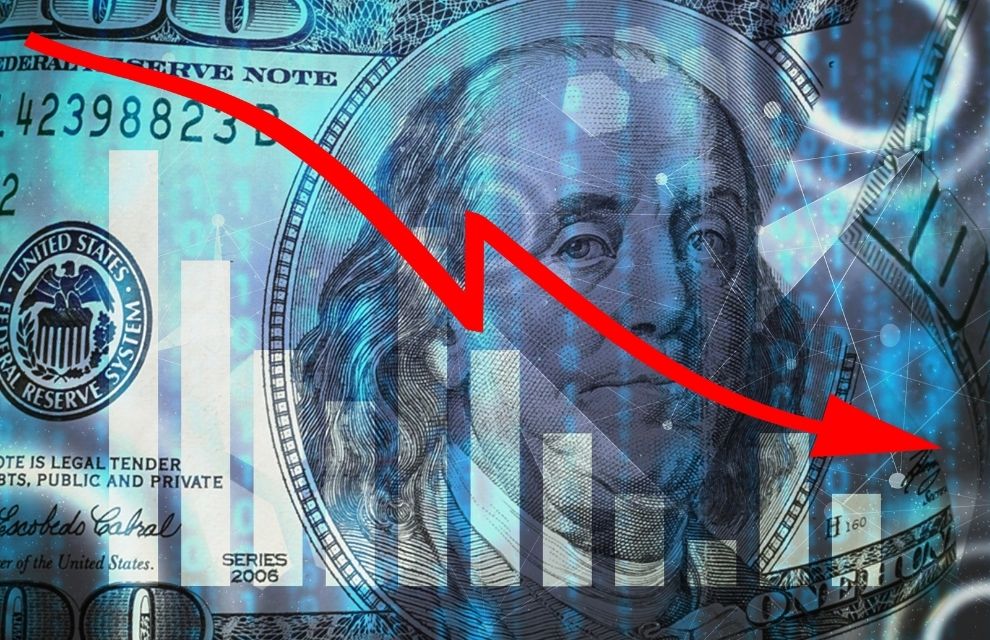US equity lending revenue nose dived in Q3
07 October 2020 New York
 Image: Angelov/Adobe.com
Image: Angelov/Adobe.com
A lack of North American equity specials during Q3 culminated in global securities lending returns declining by 28 percent year-over-year (YoY) in September, according to IHS Markit.
US equity revenues came in at $199 million, a 38 percent YoY decline but a 2.6 percent month-over-month (MoM) increase.
The YoY shortfall was largely driven by the stellar returns from hard-to-borrow shares in September 2019, says IHS Markit securities finance director Sam Pierson.
The surge in returns last year was led by Beyond Meat (BYND), which generated $65 million in September 2019, however, IHS Markit data shows that US equity revenues would have still declined by 8 percent YoY excluding the impact of BYND shares.
Meanwhile, Canadian equity lending returns declined sequentially and YoY in September, delivering $24.6 million in revenue, a 63 percent YoY decline, and a 3 percent MoM decline.
This was mostly a result of the ever-dwindling returns from lending cannabis-related stocks compared to last year’s highs.
Overall, equity revenues for the Americas came in at $224 million for September, a 43 percent YoY decline. Compared to August, last month’s revenue was up 2 percent.
September was the fifth month of the year to deliver less revenue than the 2019 comparable, says IHS Markit director Sam Pierson. The others were the months from March to May, along with August.
Global Q3 revenue was $2.2 billion, a 16 percent YoY decline.
“September was remarkable in its similarity to August, with global returns increasing by 0.2 percent MoM,” Pierson notes.
“August offered limited special situation lending opportunities and September began the same way, however initial public offering (IPO) issuance, demand related to convertible bonds and a handful of other specials pushed revenues steadily higher over the course of the month,” he adds.
Pierson predicts that with further conventional and special purpose acquisition IPOs on deck for Q4, the uptrend from the Q3 low point in August may have further room to run.
Elsewhere, Asia equity lending revenues also continued to fall short of 2019.
September revenues hit $127 million reflecting a 26 percent YoY decline, but compared with August revenues increased 8 percent.
The drop was mostly the result of lower fees, says Pierson, however average on-loan balances posted the first monthly YoY decline since January.
Only European equity revenue bucked the trend with a modest 2 percent YoY uplift thanks to a cluster of hard-to-borrow shares in Germany propping up the region.
Varta, a German car battery manufacturer, delivered $14 million in September revenue, marking the firm’s second consecutive month atop the global table for highest revenue generators.
Excluding Germany equity revenue, the rest of Europe saw a 16 percent YoY decline in September, following a 15 percent decline in August.
3
Combined European equities were also the only asset class to achieve a YoY increase for each month in Q3.
US equity revenues came in at $199 million, a 38 percent YoY decline but a 2.6 percent month-over-month (MoM) increase.
The YoY shortfall was largely driven by the stellar returns from hard-to-borrow shares in September 2019, says IHS Markit securities finance director Sam Pierson.
The surge in returns last year was led by Beyond Meat (BYND), which generated $65 million in September 2019, however, IHS Markit data shows that US equity revenues would have still declined by 8 percent YoY excluding the impact of BYND shares.
Meanwhile, Canadian equity lending returns declined sequentially and YoY in September, delivering $24.6 million in revenue, a 63 percent YoY decline, and a 3 percent MoM decline.
This was mostly a result of the ever-dwindling returns from lending cannabis-related stocks compared to last year’s highs.
Overall, equity revenues for the Americas came in at $224 million for September, a 43 percent YoY decline. Compared to August, last month’s revenue was up 2 percent.
September was the fifth month of the year to deliver less revenue than the 2019 comparable, says IHS Markit director Sam Pierson. The others were the months from March to May, along with August.
Global Q3 revenue was $2.2 billion, a 16 percent YoY decline.
“September was remarkable in its similarity to August, with global returns increasing by 0.2 percent MoM,” Pierson notes.
“August offered limited special situation lending opportunities and September began the same way, however initial public offering (IPO) issuance, demand related to convertible bonds and a handful of other specials pushed revenues steadily higher over the course of the month,” he adds.
Pierson predicts that with further conventional and special purpose acquisition IPOs on deck for Q4, the uptrend from the Q3 low point in August may have further room to run.
Elsewhere, Asia equity lending revenues also continued to fall short of 2019.
September revenues hit $127 million reflecting a 26 percent YoY decline, but compared with August revenues increased 8 percent.
The drop was mostly the result of lower fees, says Pierson, however average on-loan balances posted the first monthly YoY decline since January.
Only European equity revenue bucked the trend with a modest 2 percent YoY uplift thanks to a cluster of hard-to-borrow shares in Germany propping up the region.
Varta, a German car battery manufacturer, delivered $14 million in September revenue, marking the firm’s second consecutive month atop the global table for highest revenue generators.
Excluding Germany equity revenue, the rest of Europe saw a 16 percent YoY decline in September, following a 15 percent decline in August.
3
Combined European equities were also the only asset class to achieve a YoY increase for each month in Q3.
NO FEE, NO RISK
100% ON RETURNS If you invest in only one securities finance news source this year, make sure it is your free subscription to Securities Finance Times
100% ON RETURNS If you invest in only one securities finance news source this year, make sure it is your free subscription to Securities Finance Times



